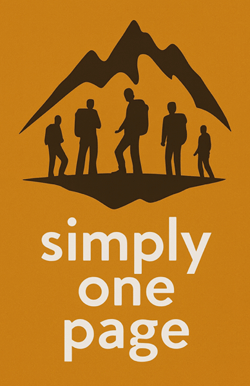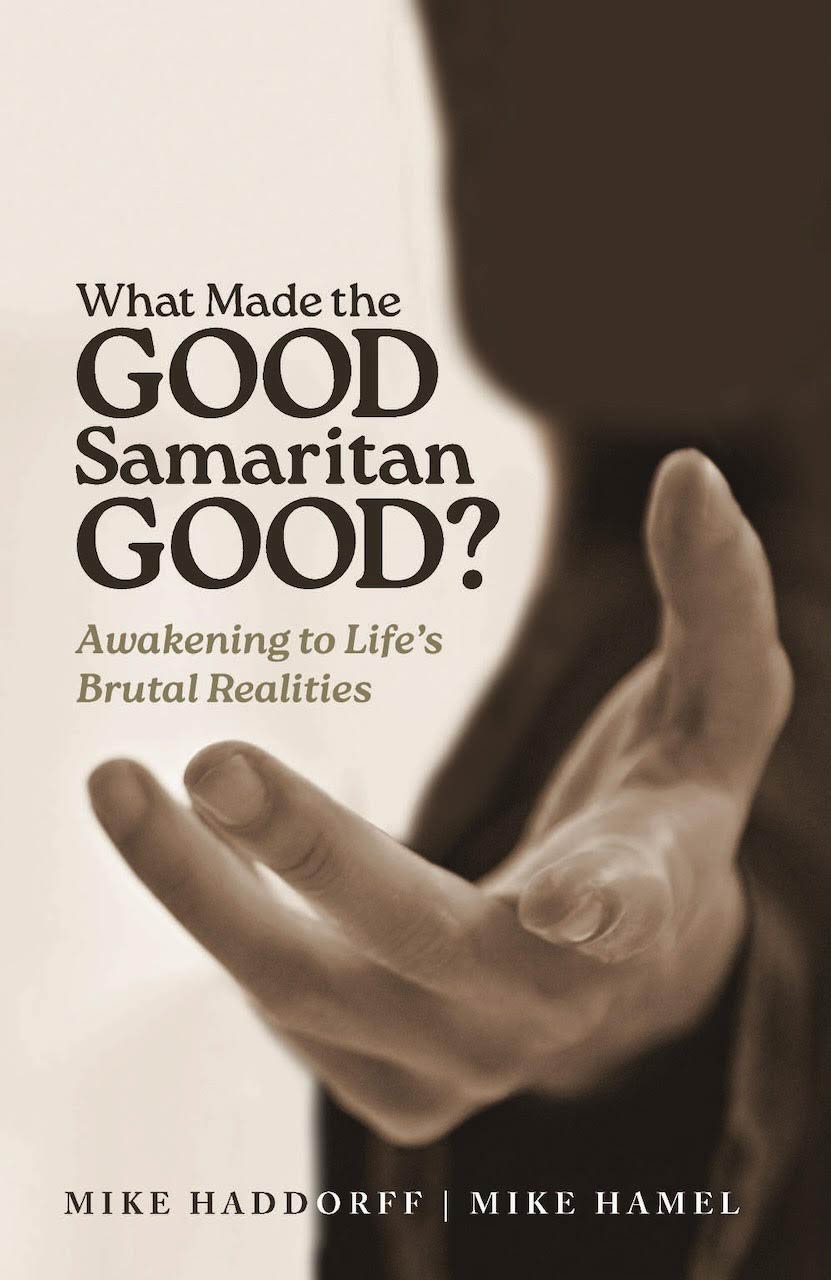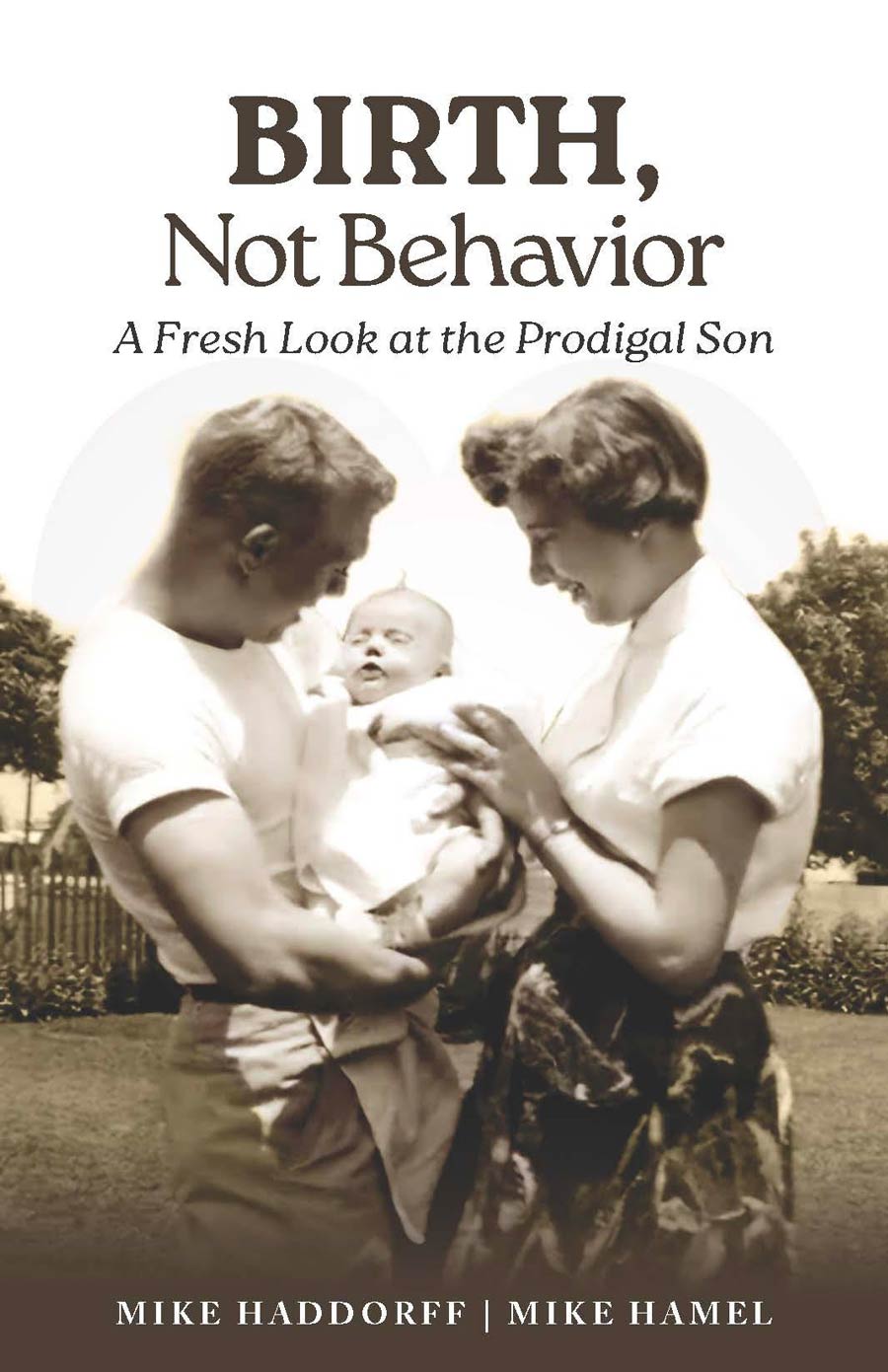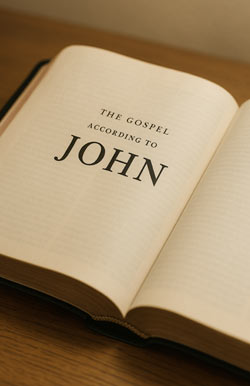Most of us assume real thinking happens only in those rare “lightbulb moments:” The golden nugget, The flash of insight, The doctrine of truth. These are the things we chase. And when they don’t come, we feel discouraged, as if our minds or our faith have failed.
But what if this is a false assumption?
Over a century ago, William James, the father of modern psychology, described thought not as a string of snapshots or occasional flashes but as a stream of consciousness, like a river, always alive, always moving. Yes, there are resting places, those moments when an idea finally takes form and feels solid. But just as important are the transitions, the flowing in-between, when thought resists clarity yet carries us toward the next resting place.
Picture a fly fisher standing in a mountain river. At times, he plants his feet firmly on the rocky riverbed, steady as possible, studying the current. These are the substantive moments of thought, clear and ordered. But then comes the time to move. Often it is upstream, and every step requires care. The current pushes back. The footing is uncertain. It is work. It feels on the edge, even chaotic, as the fisher leaves one stable place but hasn’t yet reached another. And yet this is not wasted time. The struggle, the engagement, the resistance, these are the necessary transitive moments that connect one firm place to the next.
So it is with our minds. Real thought is not simply a collection of brilliant flashes. It is a river, flowing through both clarity and confusion, order and resistance. When we accept this, we can approach thinking, prayer, relationships and learning with more freedom. We no longer strive to force the lightbulb. We learn instead to enter the stream, to trust the process, to recognize that even the difficult transitions are part of the journey.
The lightbulb moments will come, but they are not the whole story. The story is the river itself.
Reflection Question
How might it change your outlook if you saw times of mental resistance or confusion not as failure, but as part of the river carrying you toward the next place of clarity?





